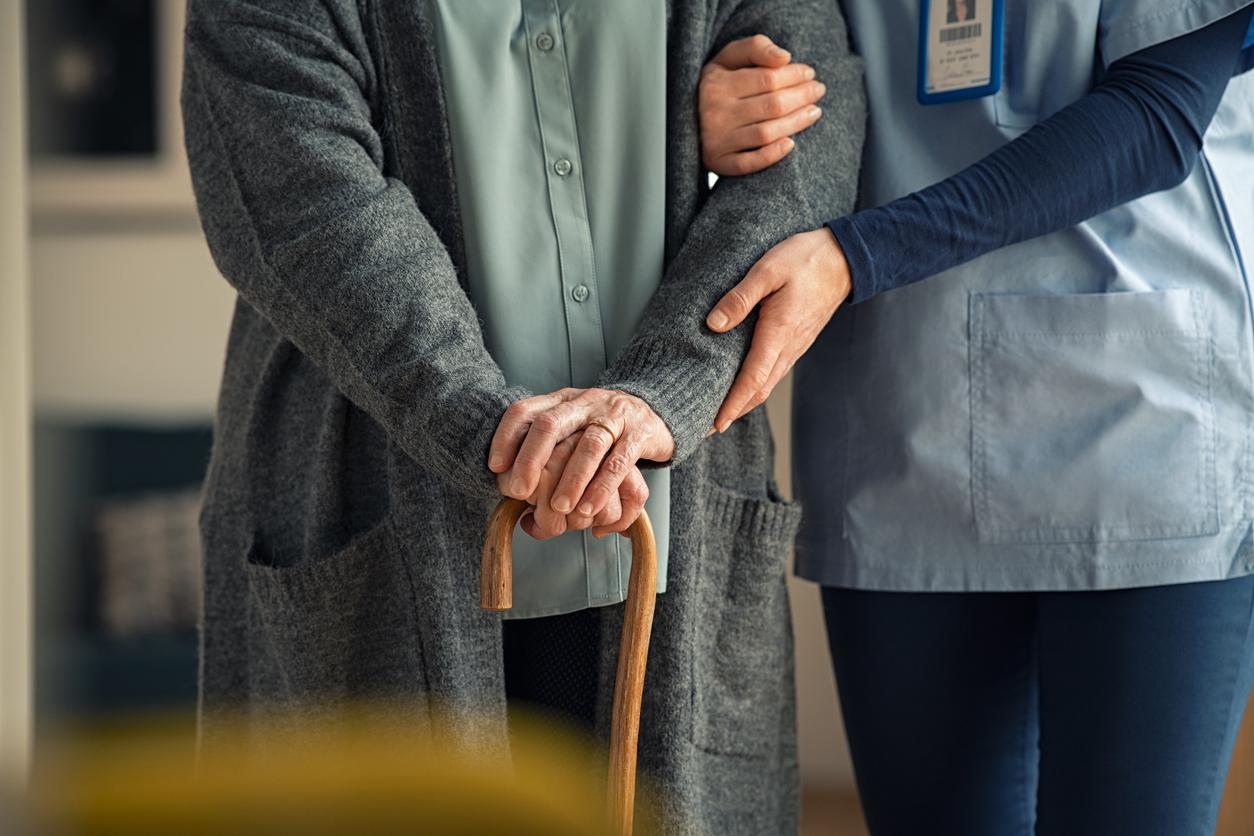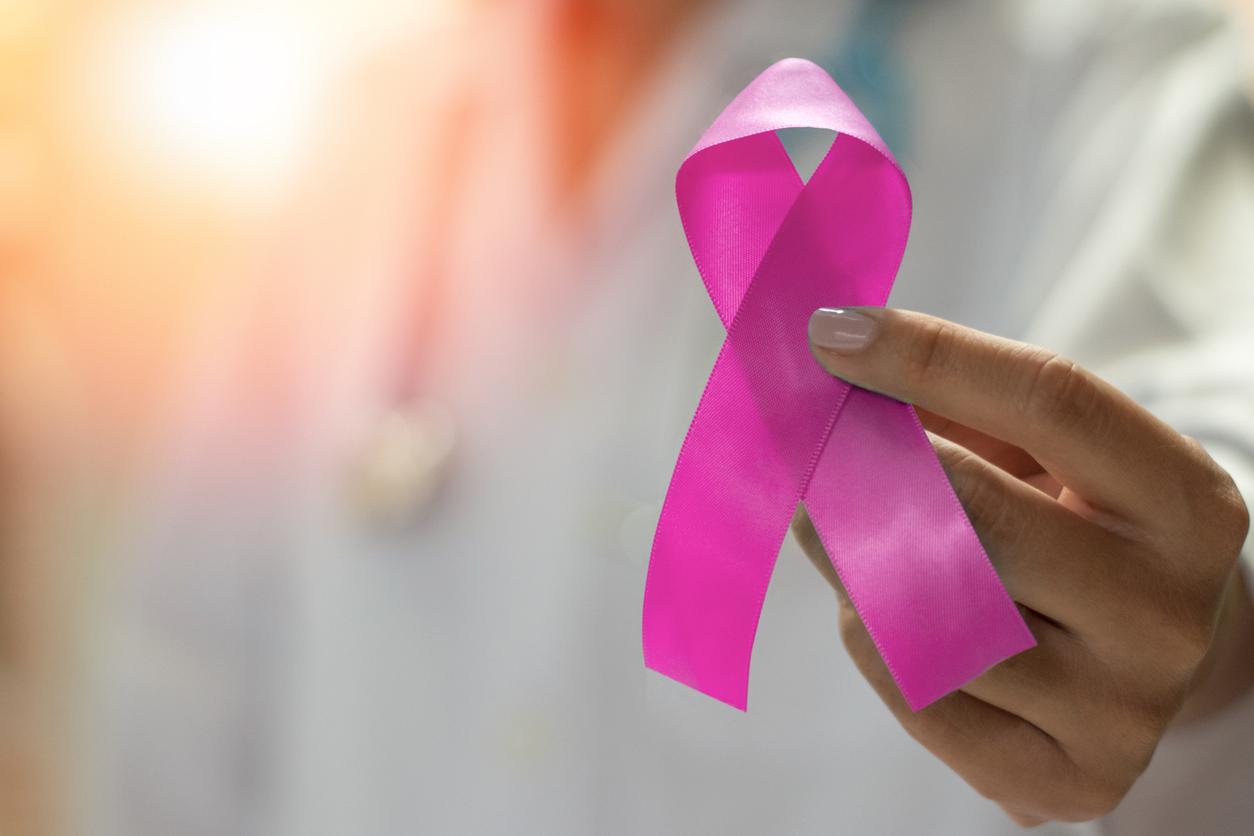A fully-fledged medical treatment in the fight against cancer, is chemotherapy only effective when administered intravenously? Jean-François Lemoine disentangles the true from the false with Dr Phillippe Laplaige, oncologist in Blois.

Sometimes the first treatment used in the fight against cancer, sometimes complementary to surgery or radiotherapy, chemotherapy consists of administering drugs that act on cancerous cells, either by destroying them or by preventing them from multiplying.
Often administered intravenously, chemotherapy now also exists in oral form: these are pills, which have either been developed from the intravenous form, or which have been directly designed to be taken orally by patients. Currently, about 5% of all chemotherapy drugs are taken orally. And according to experts, oral chemotherapy is set to become more and more common.
However, is it as effective as chemotherapy administered intravenously? Questioned by Dr Jean-François Lemoine, Dr Philippe Laplaige, oncologist in Blois, is formal. “We can absolutely give the patient the choice of the mode of treatment he wants to have”, he explains, specifying that the patient must be associated and issue an informed opinion.
The real advantage of oral chemotherapy is that it is much less restrictive for patients: they no longer have to go to the hospital or clinic to receive the treatment, which can be taken at home.
Side effects for oral chemotherapy
Be careful, however, not to associate side effects with simple intravenous chemotherapy: this can also cause undesirable effects. “There are treatments which, for example, will not cause hair loss, but which can alter the quality of life”, specifies Dr. Laplaige. Thus, if hair loss is extremely rare, “fatigue, diarrhea” or even nausea are sometimes observed by patients taking oral chemotherapy treatment.
At the same time, a patient receiving their chemotherapy treatment intravenously will not consistently lose their hair. “You should know that in intravenous chemotherapy, there are products that do not cause hair loss”, confirms the oncologist.
Discuss it with your doctor
For Dr. Laplaige, the taking of oral chemotherapy must result, in all cases, from a discussion with his doctor. In fact, unlike intravenous chemotherapy, it is then up to the patient to “manage” his treatment, i.e. to take it on fixed days and times, and to plan the doses when he leaves his residence. The effectiveness of the treatment largely depends on the ability to follow it well. This is why it is sometimes not recommended. “If you have someone who has small memory problems, if you have patients who are already taking a lot of other oral treatments”, the discussion is essential.
Today, “the population is, I think, better and better informed” about the various existing treatments, says Dr. Laplaige. “There are situations where we say no” to oral treatment. “And if we have this possibility, we must see together”, the patient and the practitioner.

.

















